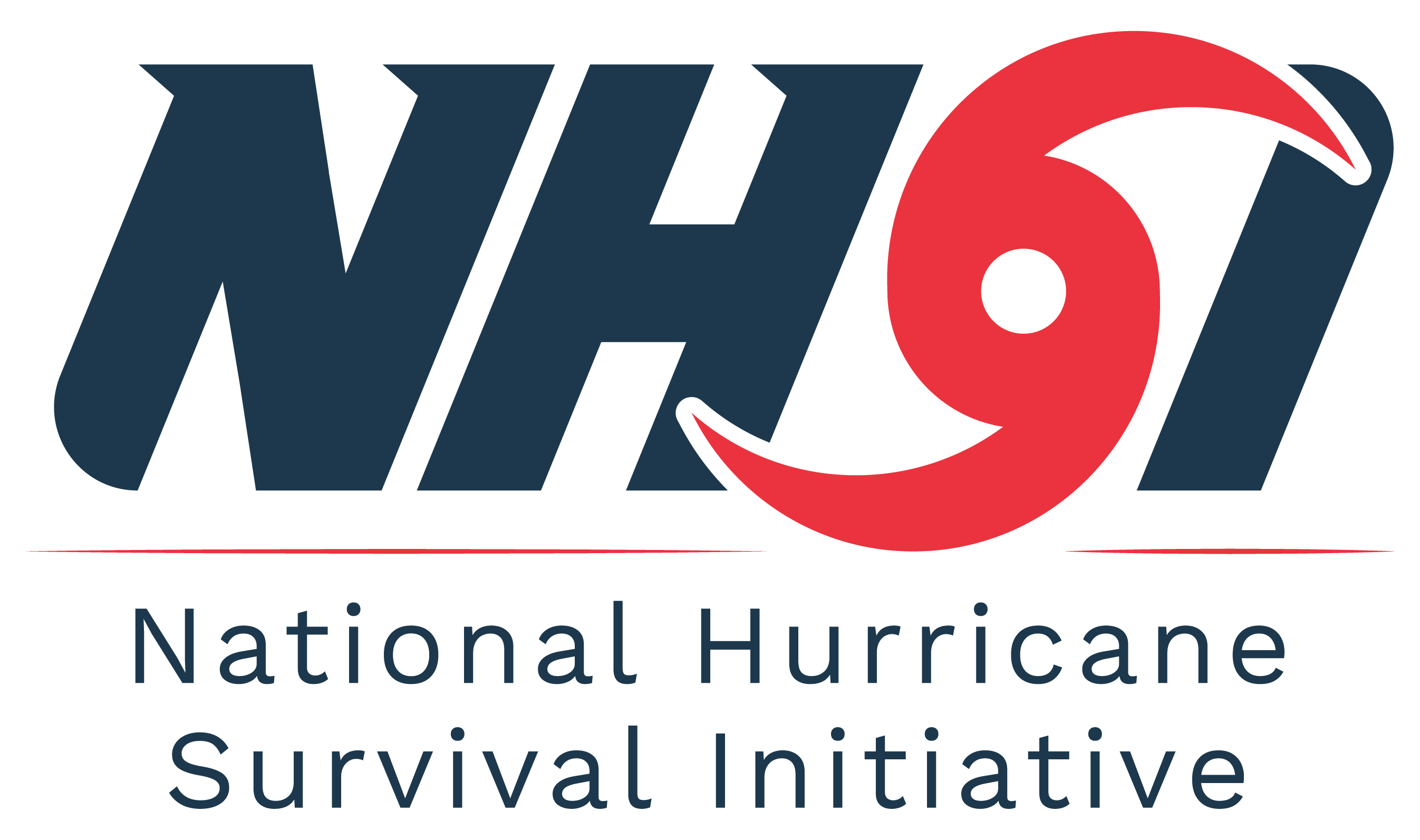As eager as you might be to go back, returning home immediately after a hurricane can be just as dangerous as sticking around during the storm. When it’s finally safe to return, follow these recommendations to stay safe.
Wind and water damage and the lack of potable water, sanitary facilities and electricity can make returning home inadvisable. If you evacuate, be prepared to remain away from home for an extended period.
When you are ready to return, keep these recommendations in mind:
- Return home only after authorities advise it’s safe to do so.
- Avoid loose or dangling power lines. Report them immediately to the local power company or to the police or fire department.
- Enter your home with caution. Beware of snakes, insects, and animals driven to higher ground by floodwaters.
- Open windows and doors to ventilate and dry your home.
- Check refrigerated foods for spoilage.
- Photograph damage to your home and its contents for insurance claims.
- Check for gas leaks: smell and listen for leaky gas connections. If you believe there is a gas leak, immediately leave the house and leave the door(s) open.
- Never strike a match. Any size flame can spark an explosion.
- Before turning the gas back on, have the gas system checked by a professional.
Look for electrical system damage. Assume all wires on the ground are electrically charged. This includes cable TV feeds.
- Look for and replace frayed or cracked extension and appliance cords, loose prongs, and plugs.
- Exposed outlets and wiring could present a fire and life safety hazard.
- Appliances emitting smoke or sparks should be repaired or replaced.
- Have a licensed electrician check your home for damage.
- Check for sewage and water line damage. If you suspect sewage-line damage, avoid using the toilets and call a plumber.
- If water pipes are damaged, contact the water company and avoid water from the tap.
- Obtain safe water by melting ice cubes.
